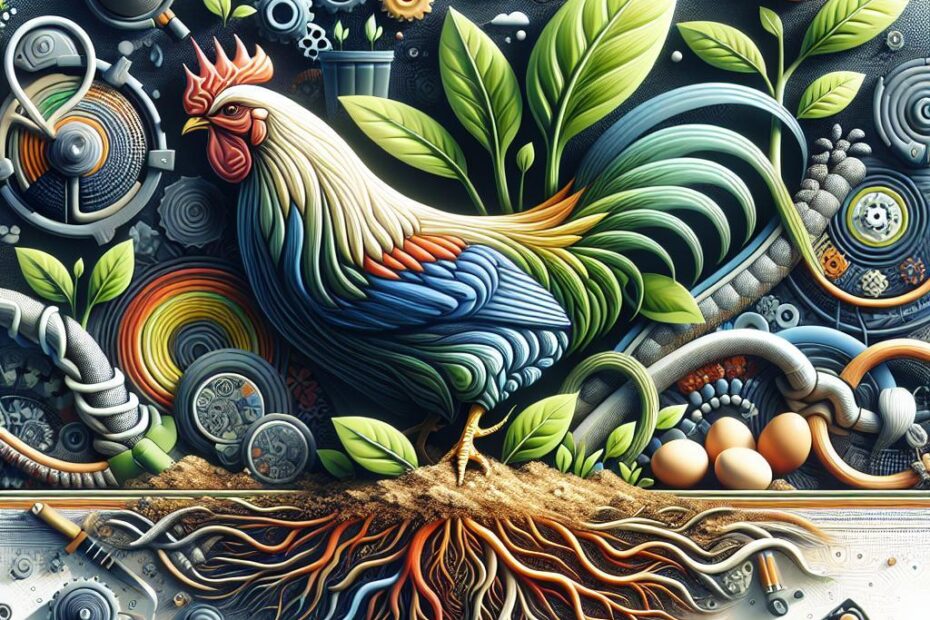Is Chicken Poop Good for Plants?
When it comes to gardening, many people are looking for natural and cost-effective ways to enhance the health and growth of their plants. One common question that arises is whether or not chicken poop is good for plants. In this article, we will explore the benefits of using chicken poop as fertilizer, how to properly use it in your garden, and address any concerns you may have.
The Benefits of Chicken Poop for Plants
Chicken poop, also known as chicken manure, is a potent organic fertilizer that can provide numerous benefits to your plants. Here are some reasons why chicken poop is good for plants:
-
Rich Nutrient Content: Chicken manure is high in nitrogen, phosphorus, and potassium, which are essential nutrients for plant growth.
-
Improves Soil Structure: The organic matter in chicken poop helps improve soil structure, making it easier for plants to absorb water and nutrients.
-
Increases Microbial Activity: Chicken manure contains beneficial microbes that can help break down organic matter in the soil and improve nutrient availability for plants.
-
Cost-Effective: If you raise chickens, using their poop as fertilizer can be a cost-effective way to nourish your plants without having to purchase commercial fertilizers.
-
Environmentally Friendly: Chicken manure is a natural and sustainable fertilizer option that can help reduce the need for chemical fertilizers.
How to Use Chicken Poop in Your Garden
While chicken poop can be a great fertilizer for plants, it is important to use it correctly to avoid any potential issues. Here are some tips on how to properly use chicken poop in your garden:
-
Composting: Before using chicken manure in your garden, it is best to compost it first. This helps to break down the manure and reduce the risk of burning your plants with its high nutrient content.
-
Aging: Allow the composted chicken manure to age for at least six months before applying it to your plants. This will further reduce the risk of burning and allow beneficial microbes to develop.
-
Application: Spread the aged chicken manure around your plants, being careful not to let it come into direct contact with the leaves. Water the area well after applying the fertilizer.
-
Frequency: Use chicken manure as a fertilizer sparingly, as it is highly concentrated. Applying it once or twice a year should be sufficient for most plants.
Common Concerns About Using Chicken Poop
While chicken poop can be beneficial for plants, there are some common concerns that you may have when using it in your garden. Here are a few things to consider:
-
Odor: Chicken manure can have a strong odor, especially when fresh. Composting and aging the manure can help reduce the smell.
-
Pathogens: Chicken manure may contain harmful pathogens, such as E. coli and salmonella. Composting and aging the manure can help reduce the risk of contamination.
-
Burn Risk: Fresh chicken manure is high in nitrogen and can burn plants if not aged properly. Always compost and age the manure before using it in your garden.
Conclusion
In conclusion, chicken poop can be a valuable addition to your gardening routine when used correctly. Its rich nutrient content, ability to improve soil structure, and cost-effectiveness make it a great natural fertilizer option for your plants. By composting and aging the manure before applying it to your garden, you can minimize any potential risks and enjoy the benefits of using chicken poop to help your plants thrive. So, the next time you clean out your chicken coop, consider saving the poop to nourish your garden and watch your plants flourish.
